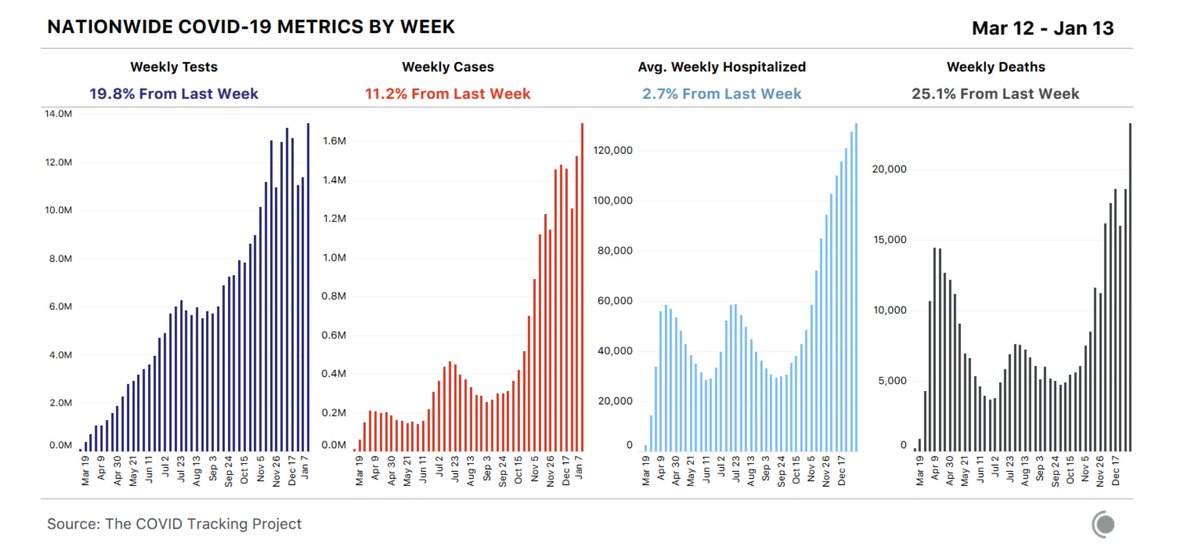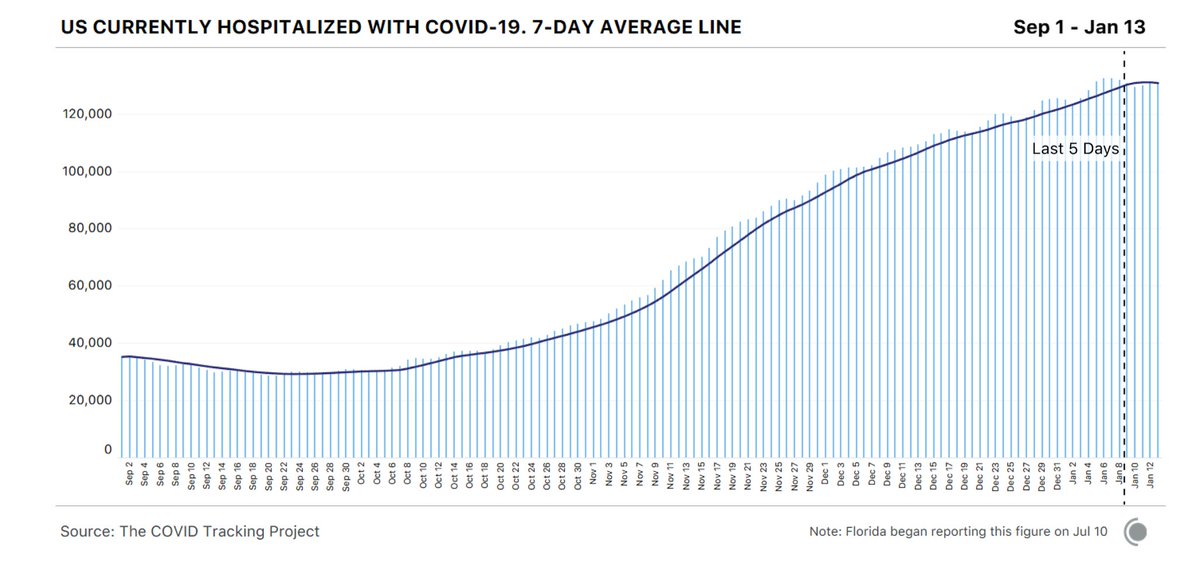
LAUNCHED TODAY: Our team at @ResolveTSL worked with @NYTimes on an interactive risk alert tracker so you can see detailed information on risk in your community—and guidance on how to stay safe. 1/
We check the weather before we leave our homes. Now there's a new way to check how much Covid is "raining" in all 3,000+ U.S. counties. 2/
Although state and county health departments share Covid data, there are often big differences in what gets reported and how. 3/
We're already familiar with risk alert systems for other health threats—pollen counts, air quality alerts, and Smokey Bear's fire danger level. This project uses county-level data to assess the severity of local Covid spread. 4/ 

It's not telling you what to do, but empowering you to make your own decisions based on the level of risk in your community. 5/
Even though having safe and effective vaccines is a game changer, it will still be important to track how much Covid is spreading as more people get vaccinated. Tamping down spread is crucial to save lives and also prevent dangerous new mutations. 6/
Each person and community can make decisions based on their risk. Some calls are obvious. If bars and indoor dining are open somewhere at an extremely high risk level, it's not smart to dine indoors and it’s putting people in danger of infection. 7/
Until the pandemic is over, we should continue to practice the 3 W's at all risk levels—wear a mask, watch your distance, wash your hands (plus the 2 V's—ensure good ventilation and get vaccinated when it's your turn). 8/
The pandemic won't last forever. Patience, discipline, and solidarity are key. This new risk alert tracker can empower us to make informed decisions, hold communities accountable, and advance progress in fighting our common enemy: Covid. 9/9 nyti.ms/3t0Ct4L
• • •
Missing some Tweet in this thread? You can try to
force a refresh





